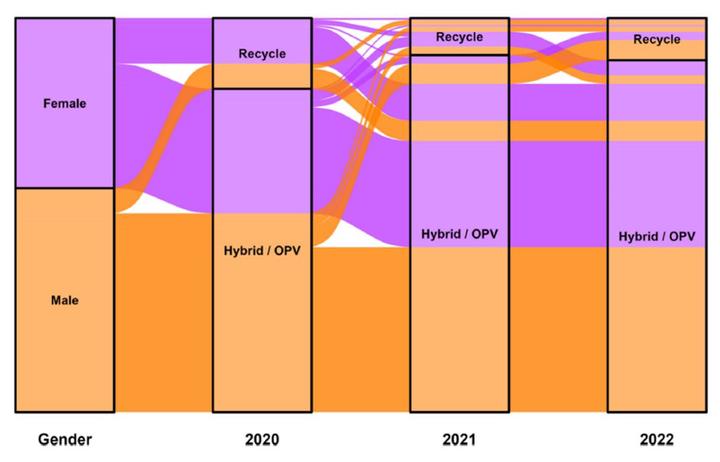Validating a novel genetic technology for hybrid maize seed production under management practices associated with resource-poor farmers in Zimbabwe

Abstract
Understanding the performance of new genetic technologies in farmers' realworld realities, especially those relevant to resource-poor farmers, is often overlooked but is essential to ensure equitable benefits. A new genetic technology was developed to simplify hybrid maize seed production in sub-Saharan Africa, thereby improving farmers' access to high-quality hybrid seed. Hybrids produced with this technology segregate 50:50 for pollen-producing and non-pollen producing and are designated 50% non-pollen producing (FNP). FNP maize has higher yields in low-input environments. As recycling hybrid maize seed remains a common practice in Zimbabwe, including among resource-poor households, it is important to understand the impact of recycling FNP seed on the yield gains from the FNP technology. The potential impact of recycling FNP hybrid seed was assessed by testing three seed recycling scenarios on-station and on-farm. The extent of hybrid seed recycling and the types of households recycling hybrid maize seed over a 3-year period were also investigated. Hybrid maize seed recycling was associated with resource-poor farmers, although it was not continually practiced across years. Yield gains associated with FNP were retained under recycling practices, albeit reduced. The greatest yield benefit was when seed from only non-pollen-producing plants was used. Yield gains were associated with longer ears and more kernels per ear. While recycling hybrid maize seed reduces potential yields due to inbreeding depression, in the years when farmers cannot afford to plant hybrid maize only, recycling non-pollen-producing hybrid maize seed conferred a yield benefit of 116 kg ha-1.